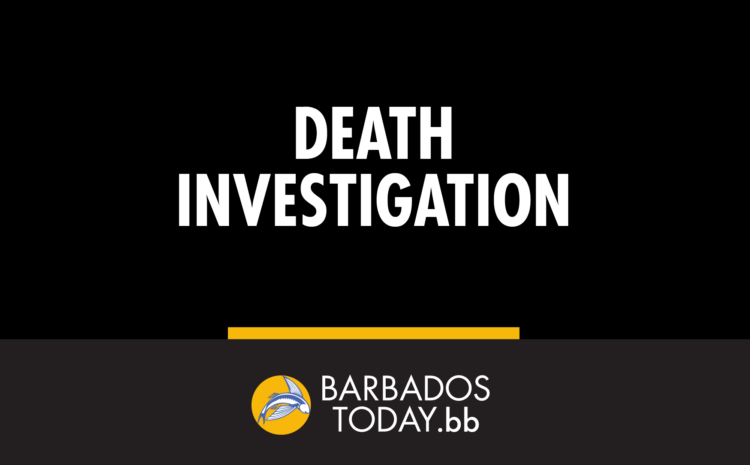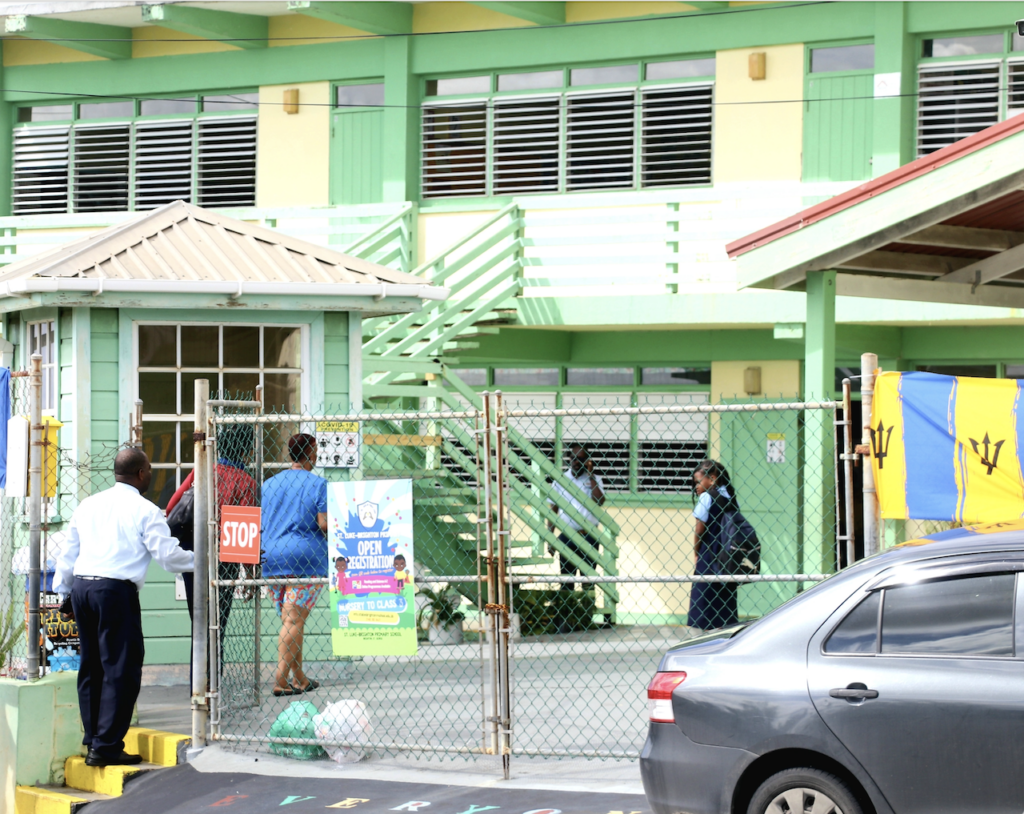The National Council on Substance Abuse (NCSA) on Friday unveiled a plan to tackle the societal stigmas and other factors that it blames for the low number of women seeking treatment for substance abuse.
The announcement came during a community campaign held across the central and southern regions of the island to mark Drug Awareness Month.
NCSA Deputy Manager Troy Wickham highlighted the significant findings from the 2023 national survey titled Barriers to Substance Abuse Treatment in Barbados: Factors Hindering Women’s Use of Treatment. The survey revealed the stark reality that women struggling with substance abuse face considerable challenges in seeking assistance compared to their male counterparts.
He told reporters at the Ministry of Home Affairs headquarters in Wildey, during one of the council’s stops on a community drive-through, that the NCSA would be implementing targeted programmes aimed at dismantling the long-standing barriers hindering women from seeking treatment.
He said: “We are focusing heavily on gender-specific programming; we held a survey recently which highlighted that females do not really present themselves to treatment facilities for treatment. We would try to encourage females to present themselves for treatment using several interventions we have planned, and we actually plan to improve on that survey and conduct further investigations as it relates to the reasons behind women not presenting themselves.”
NCSA Deputy Manager Troy Wickham.
When questioned about the obstacles women encounter, Wickham acknowledged the multidimensional nature of the issue but pointed out that perceptions and childcare emerged as recurring concerns.
“One of the things coming out of the survey is that females were concerned about their children. If they had to go into residential treatment, who would care for their children? The stigma associated with a female being labelled as what we call a ‘parro’, a substance abuser. Those things we are trying to work [on], educate the public, let persons know that addiction is a disease and a public health issue, not just a judicial issue,” he said.
NCSA workers during their first stop at the Barbados Licensing Authority.
Due to these known issues, the NCSA plans to launch several initiatives, including a parenting programme, aimed at encouraging women to seek out the help they need.
Wickham said: “As a continuation of our Drug Awareness Month, we will have a parenting programme, where we will speak to parents about stress management, how to engage [with] adolescents, where they can go for help, and try to eliminate some of the stigma associated with being addicted to substances, especially for females. We all know that most families in Barbados are single-parent families and led by females.”
Highlighting this year’s Drug Awareness Month theme, NCSA, Strengthening Prevention, Wickham expressed the organisation’s commitment to reaching the community and raising awareness about its services in education, treatment, and rehabilitation.
“It was important for us at the NCSA to get out in the community this year and share information on the services we offer in terms of education, treatment and rehabilitation and to let Barbados know that we are here to help as an organisation,” he said. (SB)
The post NCSA to encourage more women to come for addiction help appeared first on Barbados Today.


